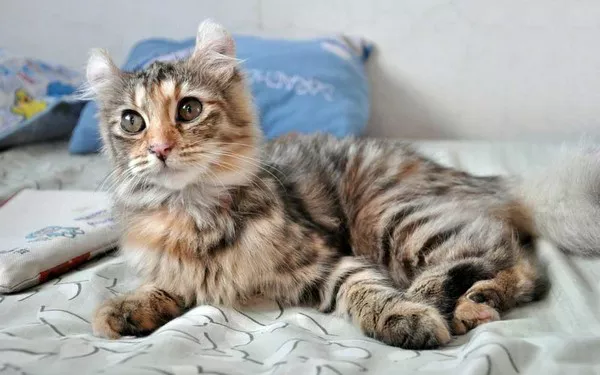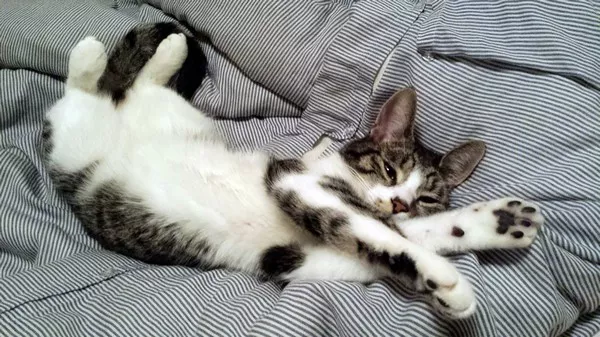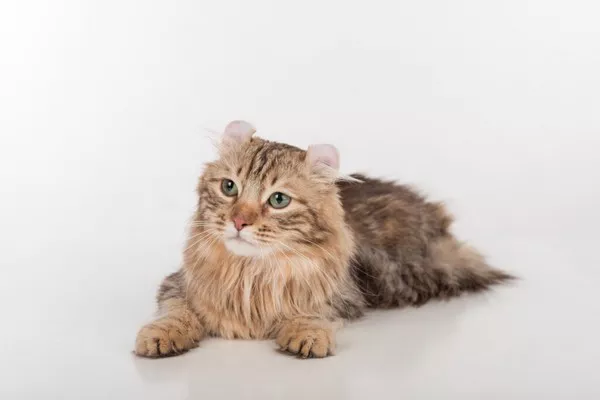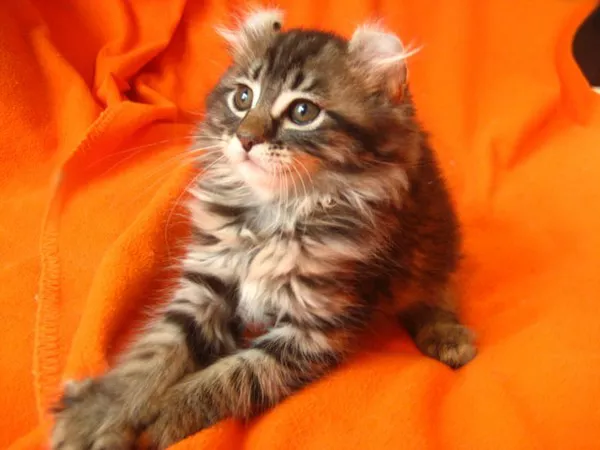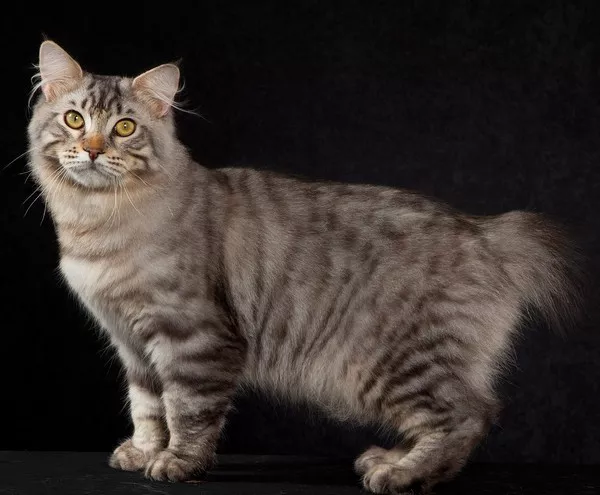If you are a cat owner, you know how vocal these furry creatures can be. However, excessive meowing from your American Curl can be annoying and disruptive. If you are wondering how to stop your American Curl from meowing incessantly, there are a few strategies that you can implement to train your cat.
Understanding the Causes of Excessive Meowing in American Curls
Before diving into the solutions, it’s important to understand why your American Curl is constantly meowing. Some cats meow excessively due to medical conditions like hyperthyroidism, cognitive dysfunction syndrome, or hearing loss. Therefore, it’s essential to take your American Curl to the vet for a check-up before implementing any training measures.
However, most American Curls meow excessively due to behavioral issues. The following are some of the common reasons behind this behavior:
1. Attention-Seeking Behavior: American Curls are social creatures who demand attention from their owners. If they feel ignored or neglected, they may meow excessively.
2. Hunger or Thirst: Cats will meow when they are hungry or thirsty. If your American Curl is not receiving enough food or water, it may meow persistently.
3. Stress and Anxiety: If your American Curl is stressed or anxious, it may meow excessively as a way of seeking comfort.
4. Aging: As American Curls age, they may become more vocal due to sensory changes or cognitive decline.
Training Your American Curl to Stop Meowing
Now that you understand the causes of excessive meowing in American Curls, it’s time to implement some training strategies to reduce the behavior. Here are some tips to help you train your American Curl to stop meowing:
1. Ignore the Meows
Your American Curl may be meowing excessively due to attention-seeking behavior. If this is the case, one of the best strategies to curb the behavior is to ignore your cat’s meows. It may be hard at first, but don’t give in to your cat’s demands for attention every time it meows. Instead, wait until your American Curl is quiet before giving it any form of attention.
2. Provide Adequate Food and Water
Hunger or thirst can cause your American Curl to meow excessively. Therefore, ensure that your cat has enough food and water throughout the day. Consider using an automatic feeder or water fountain to ensure that your American Curl always has access to food and water.
3. Create a Comfortable Environment
Stress and anxiety can cause excessive meowing in American Curls. Therefore, create a comfortable environment for your cat by providing a cozy bed, scratching post, and toys. Additionally, consider playing calming music or using pheromone sprays to reduce your cat’s stress levels.
4. Train Your Cat to Be Quiet
Training your American Curl to be quiet on command can help curb excessive meowing. Use a command like “quiet” when your cat meows and reward it with treats when it stops meowing. Repeat this process consistently until your American Curl learns to stop meowing when it hears the command.
5. Spend Quality Time with Your Cat
As mentioned earlier, American Curls are social creatures who crave attention from their owners. Therefore, spending quality time with your cat can help reduce excessive meowing due to attention-seeking behavior. Play with your cat, groom it, and take it for walks to strengthen your bond.
6. Consult a Veterinarian
If your American Curl’s excessive meowing persists even after implementing these training strategies, consult a veterinarian. As previously mentioned, medical conditions can cause excessive meowing, and a vet can diagnose and treat any underlying issues.
Conclusion
Excessive meowing in American Curls can be disruptive and annoying. However, understanding the underlying causes of the behavior and implementing training strategies like ignoring meows, providing adequate food and water, creating a comfortable environment, training your cat to be quiet, spending quality time with your cat, and consulting a veterinarian can help curb the behavior. With patience and consistency, you can train your American Curl to stop meowing excessively.

